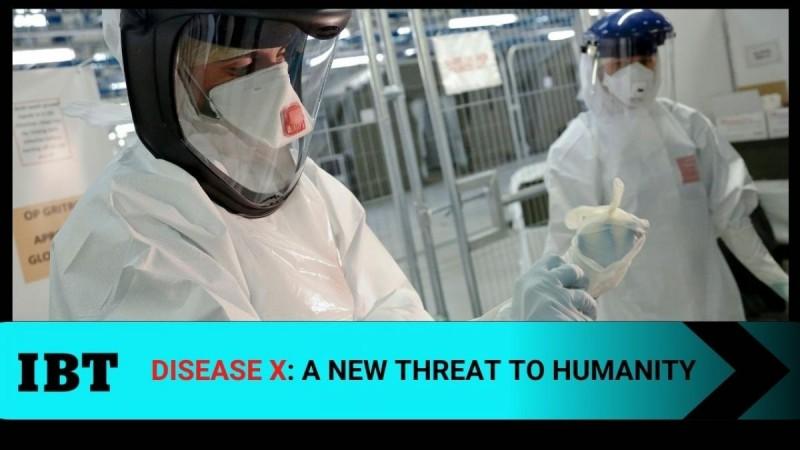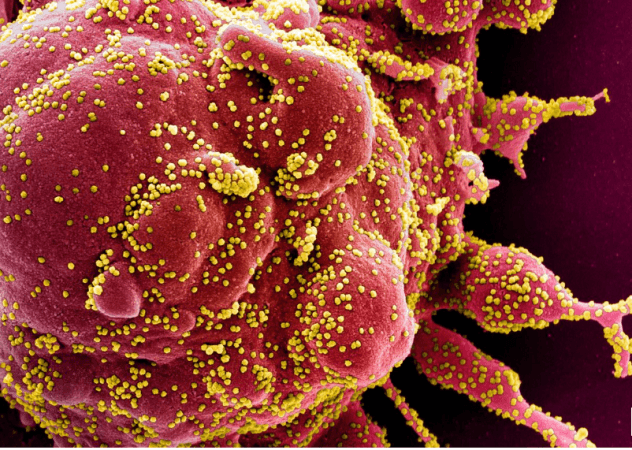Just as the world is slowly regaining a sense of normalcy after several months in the vicious grip of COVID-19, there might be something else – far deadlier and infectious. As people bid adieu to 2020 and welcomed 2021 with hope of a new dawn, this piece of information is enough to put off the positive energy everyone can be seen carrying around these last few days of 2021. Alas, it ended too soon, if the Disease X is any closer to reality.
What is Disease X?
The name in itself has a sense of suspense, which leads to believe scientists and experts have no idea what they're up against. In a way, that's right. But there's no reason to panic. Just yet.

Disease X, where "X" stands for unexpected, is hypothetical for now. But scientists and public health experts are fearful of the potential threat to humanity. The Disease X outbreak could lead to serious disease around the world if and when it occurs, WHO warned.
Professor Jean-Jacques Muyembe Tamfum, who helped discover the Ebola virus in 1976, said humanity faces an unknown number of new viruses. He further warned that new viruses, potentially fatal, are emerging from Africa's tropical rainforest.
"We are now in a world where new pathogens will come out. And that's what constitutes a threat for humanity," the professor said, adding that future pandemics could be deadlier and more apocalyptic.
Disease X Patient Zero

Disease X might be hypothetical at this moment, but the question that arises is whether it will remain so. In Ingende, the Democratic Republic of the Congo, a patient was showing early symptoms of hemorrhagic fever. The doctors tested the patient, who chose to remain anonymous, for Ebola and the results came back negative, which is a cause for concern.
Doctors fear that she might be the patient zero for Disease X. The new virus could spread as fast as COVID-19 but alarmingly, has Ebola's 50 to 90 percent fatality rate.
"We've all got to be frightened. Ebola was unknown. Covid was unknown. We have to be afraid of new diseases," the patient's physician, Dr. Dadin Bonkole, said, according to CNN.

















